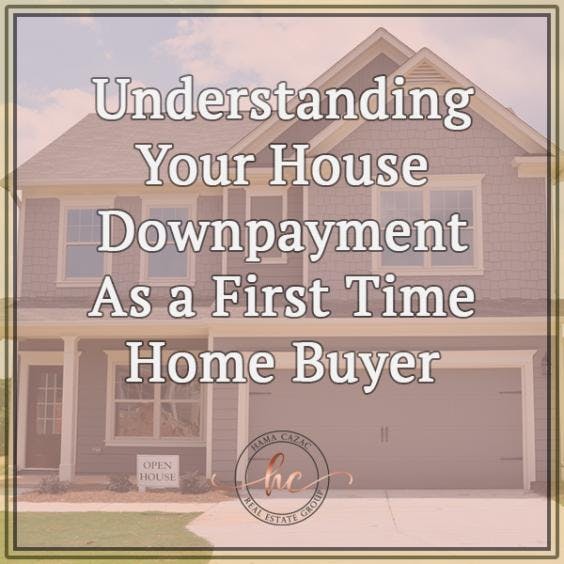If you’re looking to buy your first home, there’s a lot you need to know, but understanding your house downpayment is one of the most important. You need to know why you need a downpayment, how much you need, and how it affects the loan in the long run. This guide will help you better understand your downpayment so you can buy with confidence.
Why Do I Need A Downpayment?
A downpayment is an amount of money you put up for a mortgage loan. It’s usually anywhere from 10-20 percent of the total loan value, or less depending on the type of loan and the lender. It also shows the lender that you’re serious and responsible enough to handle the financial burden of a mortgage loan and solidifies your commitment to the loan.
Your payment also helps reduce the overall amount you owe for the home itself, depending on how much you put down. 20% reduces your mortgage loan by that much. So, if you’re buying a $125,000 home, and you put down 20% ($25,000), you’re only going to owe $100,000 on your mortgage. This only includes the principal value.
Canada’s House Downpayment Options
Depending on the price of the home and the interest rates you have access to, options may change. Generally, downpayment options in Canada follow the same formula.
A home valued at $500,000 or less requires a minimum downpayment of 5% of the purchase price. You can always put down more if you like.
For homes priced from $500,000 to $999,999, you need at least 5% for the first portion of $500,000, and then 10% of the portion above $500,000. So, if you’re buying a house for $700,000, you’ll owe $25,000 (5% of $500,000) plus $20,000 (10% of the remaining $200,000).
If you’re buying a home worth $1 million or more, you’ll need a total of 20% of the purchase price. 20% of one million is around $200,000.
Certain factors like your credit score and work history can also affect how much you need for your downpayment. It all depends on the lender.
A Home Buyer’s Plan Helps With The Cost Of A House Downpayment
Did you know that you can withdraw up to $35,000, tax-free from your retirement account? You must purchase a qualifying home and have a registered RRSP. The limit was recently changed to $35,000 starting in March of 2019.
This program is designed to help ease the cost of a house downpayment, as 5% of $500,000 is still quite a bit of money. This may be an option for you, but you’ll need to check with your agent/lender to be sure.
Mortgage Loan Insurance
You’ll need mortgage loan insurance if you’re putting down anything less than 20% of the cost of your home. This extra protection is a necessity in case you can’t make your payments. It’s important to understand that this loan insurance is for the lender, however, and not for you as a buyer.
Rates will vary depending on the home, the lender, and the guidelines for mortgage loan insurance. Check with the CMHC to figure out how much your mortgage loan insurance might cost.
This Is An Exciting Time!
Don’t let all of the information and confusion of buying a home get you down. Buying your first home is a step toward getting your own space and building valuable equity over time. If you have any questions about buying or selling, we have buyers’ and sellers’ guides available. Get in touch today to start your journey toward your first home! Our experts will make the process easy and transparent. Happy home hunting!




